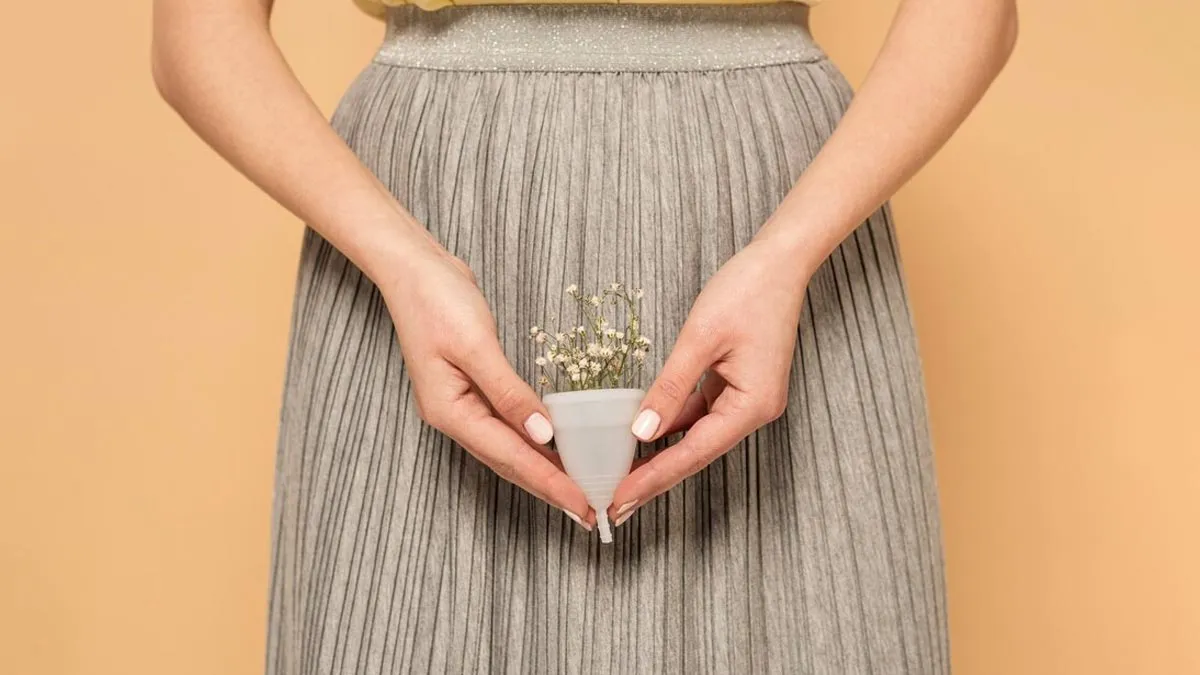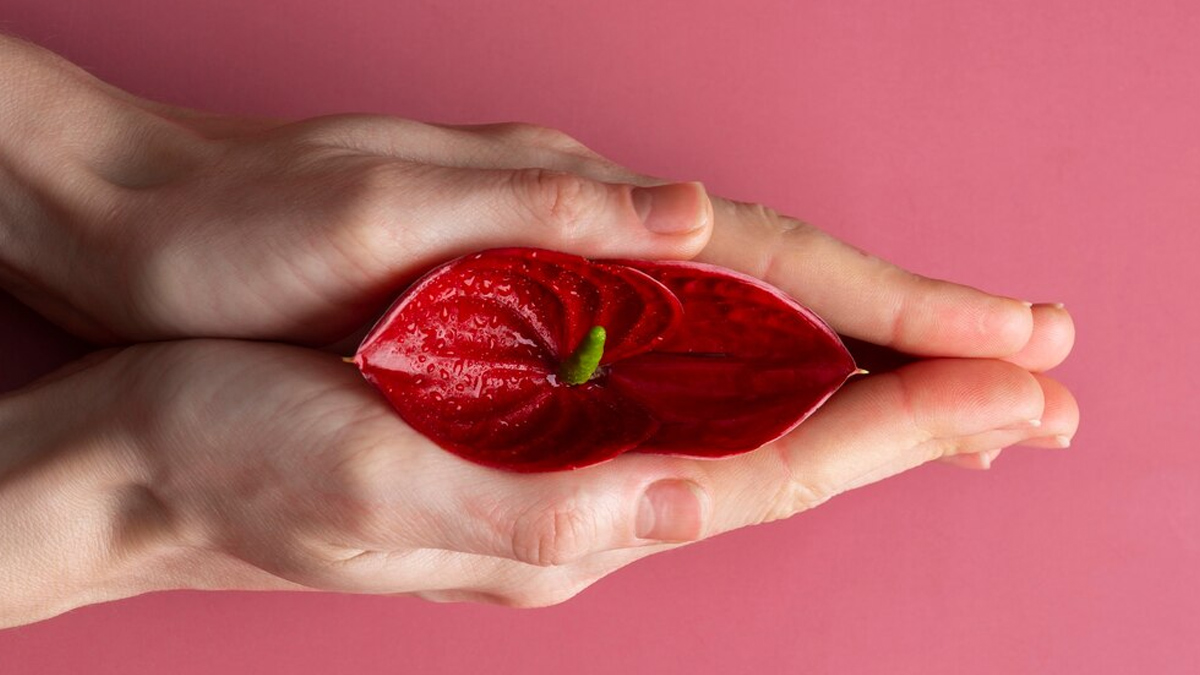
Intimate hygiene is essential, especially for women, as it helps prevent infections, maintains pH balance, ensures comfort, and supports overall reproductive health. Poor hygiene can lead to various issues, including foul-smelling vaginal odour. However, changes in vaginal odour are not always a cause for concern and can be a normal occurrence during ovulation, which is the phase of the menstrual cycle when an egg is released from the ovary.
Table of Content:-
But the question is why it happens and is there something we can do about it? Dr Archana Dhawan Bajaj, Gynaecologist, Obstetrician, and IVF Expert, Nurture IVF Clinic, New Delhi, answers the query and shares insights about how you can maintain vaginal hygiene.
Also Read: Vaginal Health After Childbirth: Changes To Note And Tips For Relief
Do Hormonal Changes Have To Do With Vaginal Odour During Ovulation?

Most vaginas or female intimate areas have a mild, musky, or fleshy odour that differs from person to person. However, many factors can cause vaginal odour to change, including ovulation, menstruation, pregnancy, and diet.
Dr Bajaj explains, "Vaginal odour normally becomes more prominent when the body's oestrogen levels rise. This happens when a person takes some hormonal contraceptives, as well as during ovulation and pregnancy.” Hormonal changes during the menstrual cycle, which includes ovulation, are natural and can alter the bacteria and acidity levels in the vaginal flora. Additionally, the volume, texture, and fragrance of vaginal discharge might change over time.
The doctor also warns that in certain cases, foul-smelling or fishy vaginal odour can be a sign of an infection, which is when you should consult with a doctor.
How Women Can Distinguish Between Normal And Abnormal Vaginal Odour Changes

A healthy vagina has an aroma, which may alter or intensify during sexual desire, but it should not smell unpleasant.
A strong or bad vaginal odour, or a change in vaginal odour, might indicate an infection. Several vaginal illnesses, including Sexually Transmitted Infections (STIs) and sexually associated infections, can have an effect on vaginal odour.
If the smell of your vagina has changed or become unpleasant, or if your vaginal discharge has altered, contact your healthcare professional right away.
Also Read: Douching Is Not Necessary For Vaginal Hygiene: 5 Expert-Recommended Tips To Follow Instead
Vaginal Hygiene Is Key

According to Dr Bajaj, maintaining a regular hygiene routine can help prevent unpleasant odours. However, there are a few do's and don'ts to keep in mind. These include:
- Stop cleaning your vagina; cleaning inside the vaginal canal is not only useless but also harmful. You can put yourself at risk of getting infections such as bacterial vaginosis, which can have a bad impact on your vaginal odour.
- Check for recent product changes, such as a different body wash or toilet paper brand.
- Stay hydrated for vaginal health.
- Eat a balanced diet rich in fruits, vegetables, whole grains, and lean meats and avoid oily, greasy, and fast foods.
Additionally, Dr Bajaj advises against the use of wipes, sprays, and soaps, referring to it as ‘unnecessary.’ She says that these feminine hygiene products might irritate the vulvar skin. Instead, you can rinse your vulva gently with warm water during your shower. If you are determined to use a product, use a hypoallergenic, unscented soap, she recommends.
How we keep this article up to date:
We work with experts and keep a close eye on the latest in health and wellness. Whenever there is a new research or helpful information, we update our articles with accurate and useful advice.
Current Version